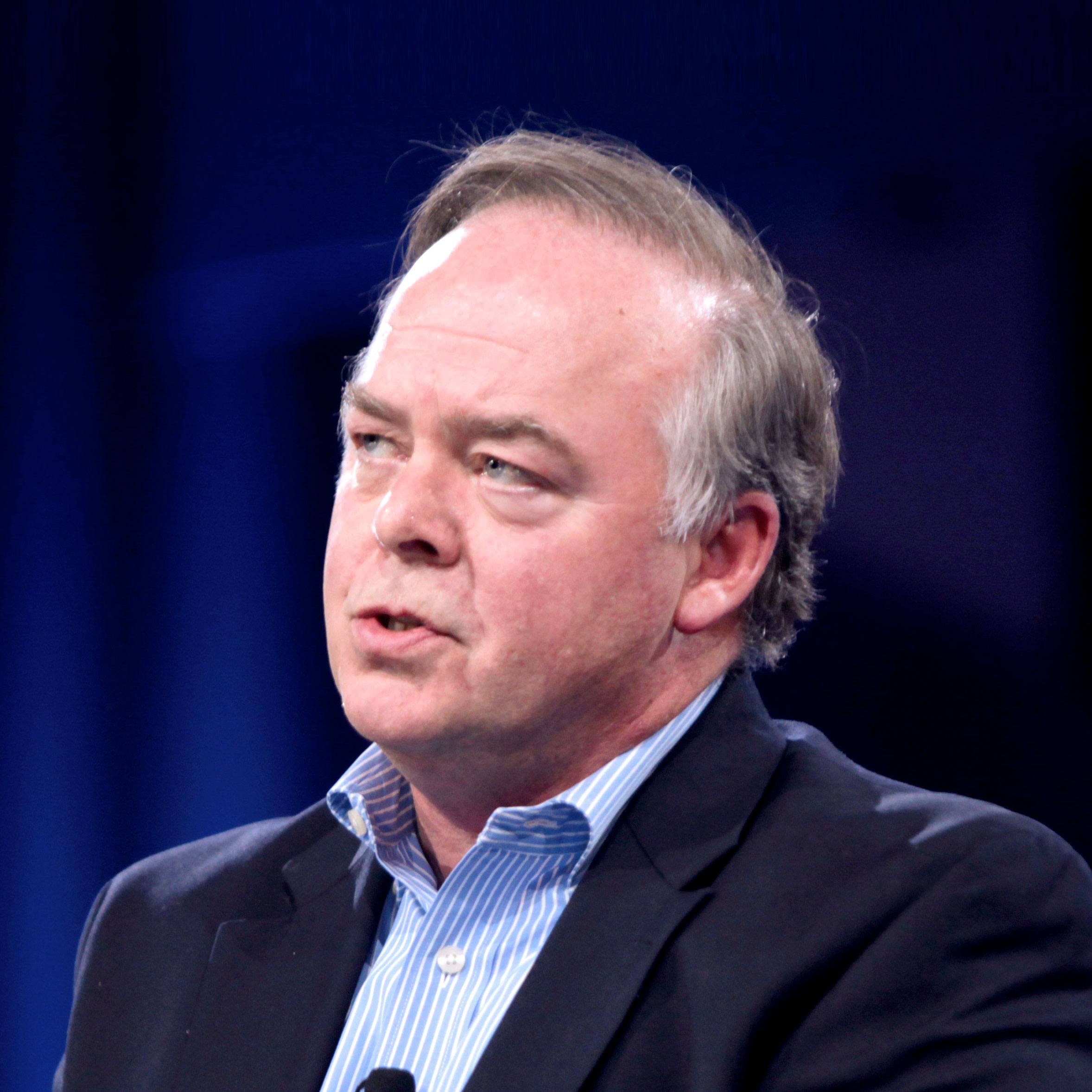Several years ago, a garden-variety liberal columnist asked me to lunch to help him understand American conservatism. Over the course of our conversation, I illustrated how the Louisiana Purchase was a good, though misunderstood, expression of American conservatism. Thomas Jefferson, in acquiring the vast tract of land from France, effectively diminished the reach and authority of the national government, while doubling the size of the nation. The deal enlarged freedom and thus conservatism.
“A free people [claim] their rights,” Jefferson said, “as derived from the laws of nature, and not as the gift of their chief magistrate.” Fifty years later, he described the excess of government as “too many parasites living on the labor of the industrious.”
Donald Trump is not a philosophical conservative, but he revealed an intrinsic understanding of conservatism in his deal to keep Carrier’s Indianapolis plant inside the United States.
The scribe did not comprehend my point, even as I patiently explained it several times. For one delicious moment, I told this unreconstructed liberal: “You don’t understand.” Priceless.
Other conservatives, including the framers of the Constitution, have understood that American conservatism is mostly the absence of government and bureaucracies. Not laws, mind you — but the absence of bureaucracies. The American Constitution is unique because it says what government cannot do. It is the near-perfect expression of non-governance. Government cannot regulate speech or assembly, cannot occupy a person’s private property, and cannot infringe on a person’s right to own guns. The men who gathered in Philadelphia in 1787 were God-inspired geniuses. Thomas Paine, the great American thinker, wrote in his 1795 work “First Principles of Government” that “in the absence of a constitution, men look entirely to party; and instead of principle governing party, party governs principle.”
Ronald Reagan also understood this. In his famed speech “A Time For Choosing” in 1964, he said that the “idea that government is beholden to the people, that it has no other source of power except to sovereign people, is still the newest and most unique [sic] idea in all the long history of man’s relation to man.” He was mostly successful in limiting the growth of government, but he was wildly successful in growing the national private economy.
[lz_ndn video= 31693175]
If one limits the growth of government, pulls back regulations and spurs substantial economic growth, then by definition one shrinks the authority of the state over private individuals. The citizen becomes the master of the state, rather than the slave. Freedom and bureaucracy cannot occupy the same space.
Reagan, courtesy of Jack Kemp, embraced Enterprise Zones for distressed areas as a means to spur economic growth through the exemption of taxation and regulation. “A record number of blacks, some 10.6 million, now have jobs,” Reagan said in 1985. “Since Nov. 1982, the black unemployment rate has fallen by 6.5 percentage points, and nearly one of every five new jobs generated went to a black man, woman or teenager. Blacks have gained an average of 45,000 new jobs every month for the past 31 months — twice the job gain rates of whites.”
If the Democratic Congress had given Enterprise Zones to Reagan, that record would have been better still. It was through Enterprise Zones that, Reagan believed, the absence of oppressive government would allow the free economy and freedom to flourish.
Donald Trump is not a philosophical conservative, but he revealed an intrinsic understanding of conservatism in his deal to keep Carrier’s Indianapolis plant inside the United States. Yes, it is a good thing for over a thousand families, but just as important (and what Sarah Palin does not understand) is that Trump did so by following a conservative philosophy — not violating it. Carrier said the main reason they were leaving was because of the thicket of federal regulations and heavy taxation. Even Reagan supported loan guarantees to Detroit because he perceived the various auto makers were the victims of Washington regulation and unfair competition from Japan.
[lz_related_box id=”255327″]
Trump set out to remove those barriers for the Carrier Corporation.
This deal was simply the practical application of Reagan’s Enterprise Zones. Reagan believed in the “miracle of the marketplace” if left alone. But sometimes government has to intervene, if only to stop government or pull back unfair bureaucratic intervention. This is welcomed thinking after the stale anti-pragmatism of Obamaism and Bushism.
Trump, like Reagan, identified government as the problem.
Besides, if liberal favorites Apple and the NFL don’t have to pay any federal taxes, it seems only fair that Carrier’s tax and regulatory burden be reduced.
Craig Shirley is a Reagan biographer and presidential historian. He is the author of the New York Times bestseller, “December, 1941” and the forthcoming books “Reagan Rising” and “Citizen Newt.”

Join the Discussion
Comments are currently closed.